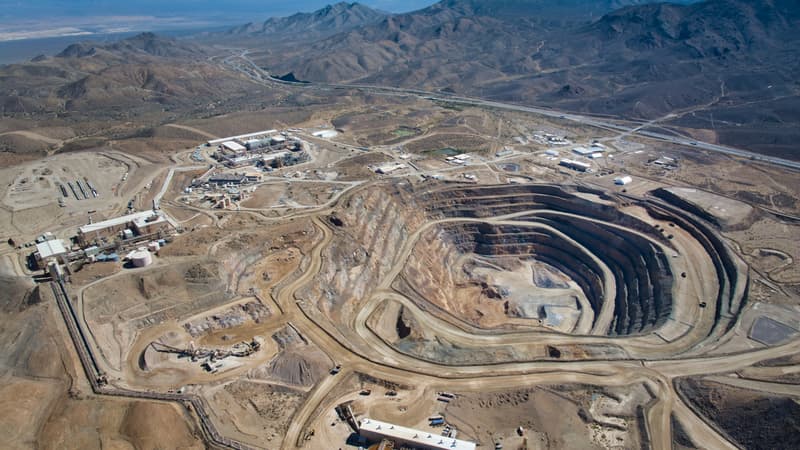It has a virtual monopoly on the production and refining of rare earths and uses it as a means of negotiation. China, which recently tightened conditions for exporting (and re-exporting) rare earths from its soil, poses serious uncertainties for production and supply for Western companies.
Additional costs, production delays, supply chain disruptions… Trade disputes between China and the United States are being closely examined by companies, indicates financial time which reports that senior officials advocate a “de-escalation” between the two commercial powers.
A negotiation lever
The first restrictions on China’s exports were implemented last April, in response to the Trump administration’s tariffs. They caused production delays in the automotive sector and led companies to build up stocks of components.
Second, China tightened its regulations this fall and required any company using magnets containing even 0.1% rare earths of Chinese origin to submit a specific export application; any request related to defense equipment was rejected.
In retaliation and before a meeting with his counterpart Xi Jinping, Donald Trump threatened China with imposing a new 100% surcharge, mentions the Financial Times. The entry into force of the measures on December 1 is undoubtedly a “negotiation tactic” for Gracelin Baskaran, of the Center for Strategic and International Studies (CSIS).
Ubiquitous rare earths
China, the world’s leading producer of rare earths, used both in the automotive industry and in energy or defense (from Tomahawk missiles to combat aircraft, including radars), concentrates 44 million tons of global reserves, out of a total of around 110 million.
Questioned by the Financial Times, US defense start-up ePropelled cited production delays and rising costs that could “potentially lead to costly design changes and the search for alternative suppliers.” To limit the effects of these restrictions, the company has also signed a development agreement with USA Rare Earth, to develop a location and manufacturing plant for magnets, critical components for many industries, with 90% of global production currently coming from China.
In Europe, the Association of Aerospace and Defense Industries (ASD) told the Financial Times that China’s restrictions highlight “the urgent need for Europe to make its supply chains more resilient and reduce its dependence on critical minerals.”
What alternatives?
To respond – in a small part – to these problems, a magnet production factory was inaugurated in Estonia in September, whose initial capacities are set at 2,000 tons per year and which aims to produce 5,000 tons per year in a second phase. If the intention is laudable, supply outside China remains a difficulty: this is why Neo Performance Materials has established partnerships, in particular, with Australian companies.
Since the introduction of the Chinese regulations, the Financial Times reports that automakers have doubled or even tripled orders for magnets from the German manufacturer Magnosphere.
The European Commission, for its part, indicated that it would soon receive Chinese representatives to discuss possible solutions to this situation. In its work program for 2026, presented on October 21, the European executive announces that it will promote the creation of “a center dedicated to these critical raw materials to control, jointly purchase and store these minerals”, in order to guarantee security of supply.
Source: BFM TV


